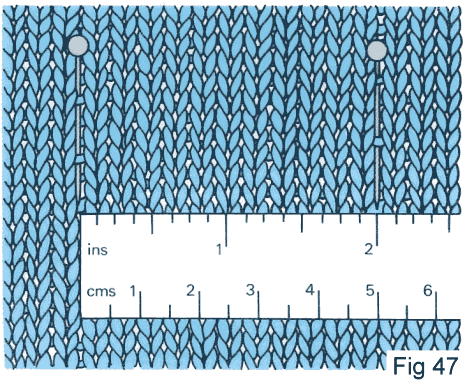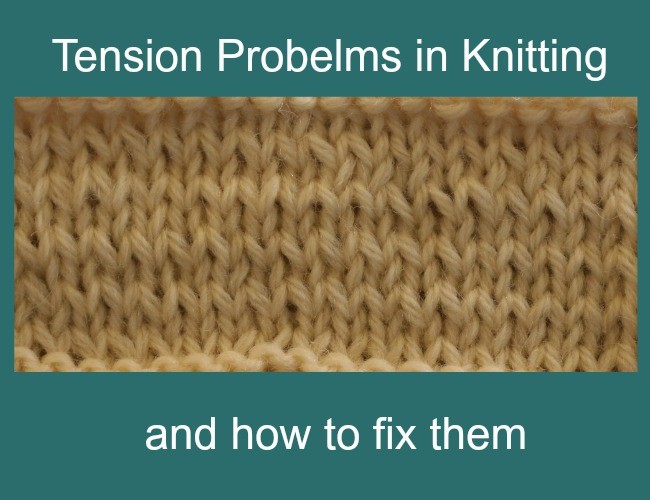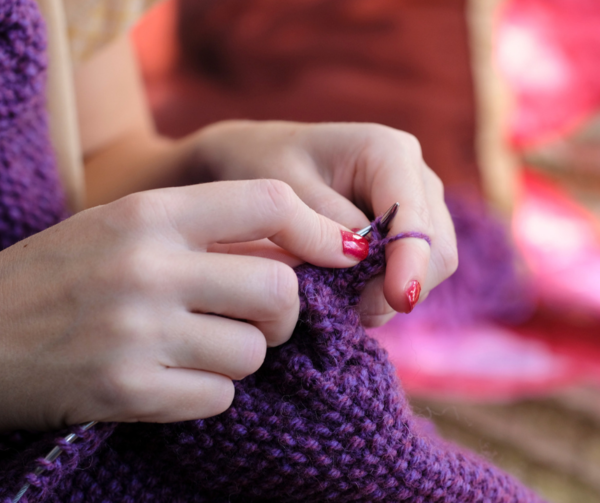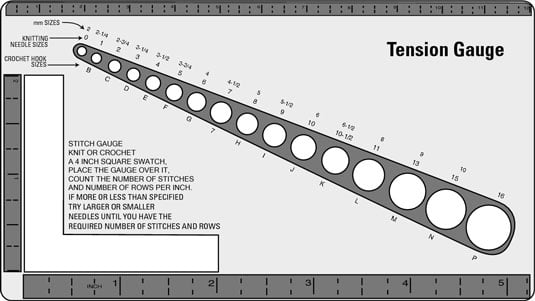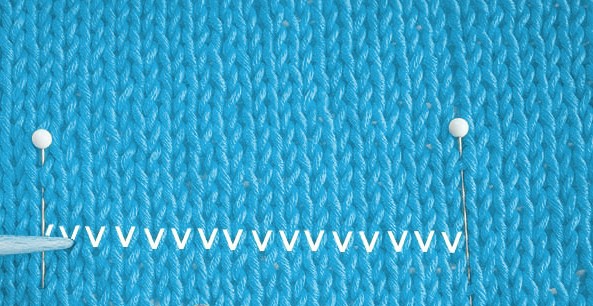Spectacular Info About How To Check Knitting Tension

Knitters use something called a tension square or swatch to determine what tension they are knitting.
How to check knitting tension. This creates a higher unwinding tension at the bottom of the cone, while a lower tension occurs at the shoulder level. The yarn knitting tension changes during the yarn unwinding process as the yarn is pulled out from the top package layer by layer. Learn how to achieve perfectly even knitting tension to ensure every pattern turns out just right!
Calculate the row tension by measuring down your knitting tension square. If you can see “ridges” at regular intervals throughout your knitting (like in my photo above), then it’s very likely that you’re working your purls more loosely than your knit stitches and your tension will change once you begin working in the round. Tips to knit more evenly.
To check row tension, horizontally insert a pin and measure 10cm. This simple tutorial shows knitting beginners how to measu. Count how many stitches there are along.
It can be that simple! Getting your knitting gauge to match the pattern. This is simply a 10cm (4″) square of knitting.
And then measure from there. Relax your hands and shoulders hold the needles and yarn looser keep your needles in more of a horizontal postition try wooden needles as a last resort, go up to the next. That way we can find out if we are knitting the stitches too tense or to loose and we can adjust the number of needles and the tension according to our observation.
Making sure your 10cm/4 in falls well within the edges, place a pin at the 0 and the 10cm/4in point. We all know that we're supposed to knit gauge swatches and do whatever we have to do to make sure we're getting the same. Some patterns give the tension stitch count over 4”, 2”, or even 1”.

